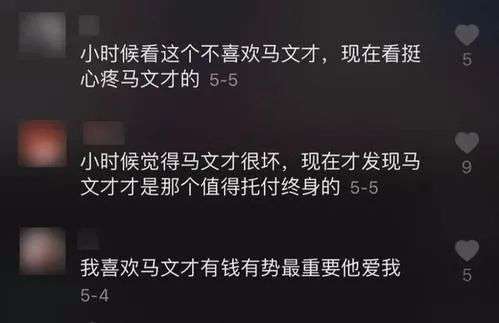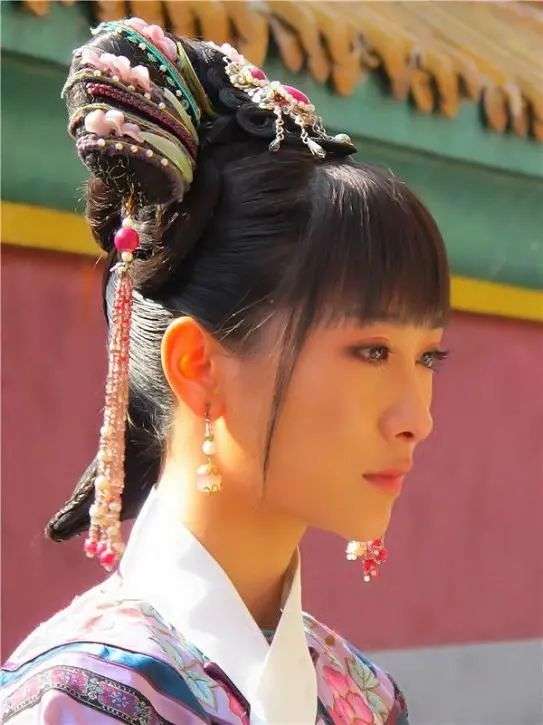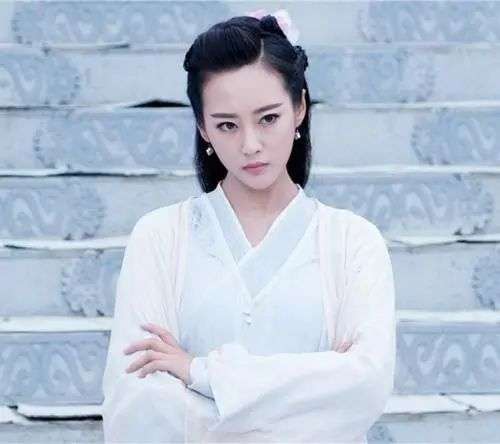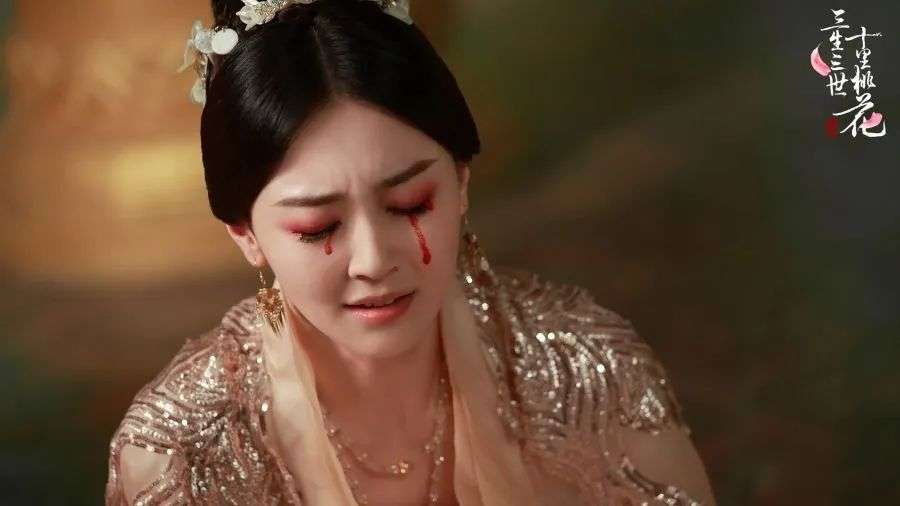Why do we no longer believe in the myth of love across classes?
Editor’s note: This article is from the WeChat public account “type culture” (ID: mtype-cn).
Anchor | Mr. Movable, Xiaotian
Guests | PhD, Department of Chinese, Peking University Luo Yalin
“Baoyu should work hard to protect the girls in his official career.” “”Titanic” and “Gone with the Wind” tell stories of affair” “Yang Jiuhong in “The Great Mansion” is an unscrupulous prostitute who wants to marry a rich family “”Xiuhe and Yaohui in “The Orange Is Red” are both scumbags and scumbags who cheated on their masters.”
Recently, because of the stale and harsh criticism of sexual morality that have frequently appeared on the Internet, and the frequently seen fierce rhetoric of the “barrage three-view police” who believes that they are on the commanding heights of morality and are actually rigid and corrupt, there are Netizens call the conservative value orientation of the younger generation “digital archway, cyber pig cage, and electronic footwear.”
Why does this conservative discourse and thought appear? Are the young people’s concept of marriage and love really smarter? What kind of group anxiety is reflected by the “Phoenix man” and the poor “vicious female partner” that are frequently seen in film and television dramas? Is this trend of thought “Chinese characteristics” or “global symptom”?
In this episode, the movable type Jun Xiaotian invited Luo Yalin, a Ph.D. from Peking University’s Chinese Department, and a young scholar to discuss the social structural reasons behind this trend.
Why do we no longer believe in the cross-class love myth?
Mr. Movable Type: Looking back on the history of the emergence of this conservative trend of thought, the earliest may be the rollover of “Qiong Yao Opera”.
A batch of Qiongyao dramas born in the 1980s and 1990s, under the eyes of the second decade of the 21st century, the poor female protagonists who were originally loved by the male protagonist for their independence and uniqueness have become “white “Lotus flower”, “green tea” and “Little San”, and the loving male protagonist of Duo Jin and the female second of the family are a perfect match. When the so-called “big female lead dramas” such as “Biography of Zhen Huan”, “Flower Thousand Bone” and “Three Lives III Ten Miles of Peach Blossoms” were popular, the “poor vicious female partner” seemed to become the standard feature of this type of drama: these The female partners were born poor and lack resources, so they were gloomy and handy.Duan is spicy. What does Yalin think of this phenomenon?
Vicious female partners in film and television dramas
Luo Yalin: There may be many issues that need to be discussed separately. I think the first thing to raise is the particularity of popular culture. The structural position of popular culture in Chinese society is actually changing. Let us first talk about the overturning of Qiong Yao Opera, the popularity of Qiong Yao Opera, and the popularity of romantic love, which actually has a special background. First of all, it is loaded with such a myth about the concept of human liberation from the 1980s to the 1990s. It uses the subversive and liberating nature of the love myth to challenge some previous concepts that may be more abstinent.
Then another aspect is popular culture, especially the rise of popular culture in Hong Kong and Taiwan. In fact, at the beginning, it was related to the Chinese people’s imagination of another space, in such a heterogeneous mass. In the cultural imagination, the subversion of the mainstream ideology is the meaning of the question. Therefore, we can see that in the Qiong Yao dramas of the 1980s and 1990s, the kind of love that seems to be subversive, ruining the three views, and not in line with traditional values, and the more prominent female stars, they can all be in another It is accepted in the sense of a kind of person, another space, and another culture.
But after popular culture has been popular in China for so many years, it has actually restored its original meaning, that is, the culture of most people. Most people are bound to be conservative, and most people are bound to prefer family pairs over straddling classes, even if they do not belong to a higher class. So in popular culture for so many years, from a position of rebellion, a position of heterogeneity, to



